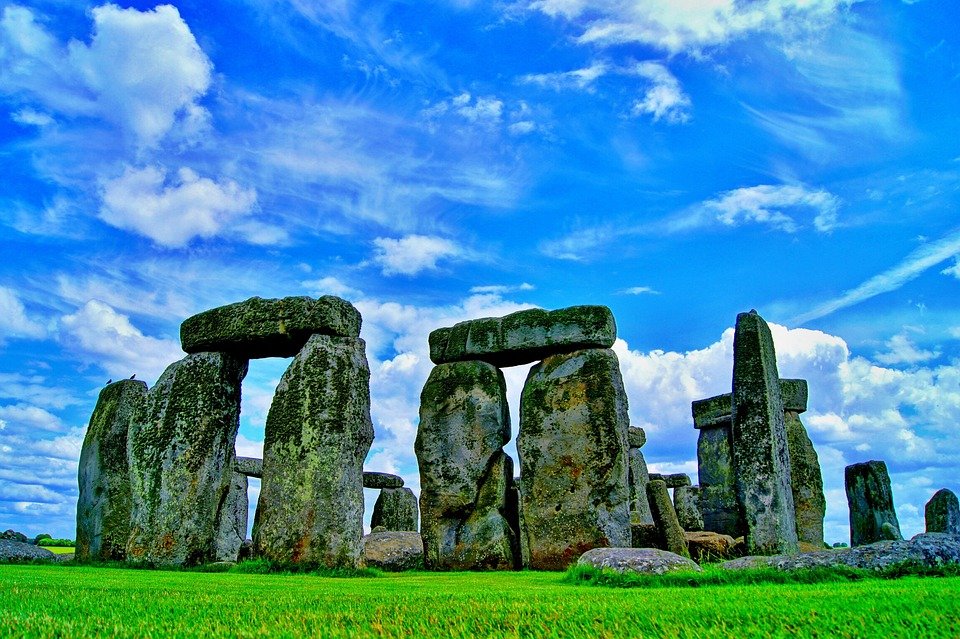

On this day: January 25
On this day, January 25, numerous significant events have taken place throughout history. From political milestones to cultural celebrations, January 25 has been a day of importance in various parts of the world. Let’s take a look at some of the key moments that have shaped the course of history on this day.
1777: Georgia Becomes the First State to Ratify the Articles of Confederation
On January 25, 1777, the state of Georgia became the first state to ratify the Articles of Confederation, a precursor to the United States Constitution. The Articles of Confederation established a loose alliance of states, providing a framework for cooperation among the newly independent colonies. Georgia’s ratification of the Articles marked a significant step towards the formation of a united nation.
1915: First Transcontinental Phone Call Made
On January 25, 1915, the first transcontinental phone call was made between New York City and San Francisco. This historic call demonstrated the advancements in communication technology and marked a new era of connectivity across the United States. The transcontinental phone call paved the way for future developments in telecommunications, ultimately shaping the way people communicate and connect with one another.
1949: The First Emmy Awards Ceremony Held
On January 25, 1949, the first Emmy Awards ceremony was held in Los Angeles, California. The Emmy Awards, which recognize excellence in the television industry, have since become one of the most prestigious awards in entertainment. The inaugural ceremony set the stage for the annual tradition of honoring outstanding performances and productions in television.
1995: The Great Hanshin Earthquake Strikes Japan
On January 25, 1995, the Great Hanshin Earthquake, also known as the Kobe Earthquake, struck Japan, causing widespread devastation and loss of life. The earthquake, with a magnitude of 6.9, devastated the city of Kobe and its surrounding areas, leaving thousands dead and tens of thousands injured. The Great Hanshin Earthquake served as a reminder of the destructive power of natural disasters and prompted efforts to improve earthquake preparedness and response in Japan.
2011: The Egyptian Revolution Begins
On January 25, 2011, the Egyptian Revolution began with mass protests and demonstrations against the government of President Hosni Mubarak. The revolution, fueled by demands for political reform and social justice, ultimately led to Mubarak’s resignation and marked a turning point in Egyptian history. The Egyptian Revolution inspired similar movements across the Middle East and North Africa, collectively known as the Arab Spring, which sought to bring about democratic change in the region.
Conclusion
January 25 has been a day of significant events and milestones throughout history. From political revolutions to technological advancements, this date has witnessed key moments that have shaped the course of nations and societies. As we reflect on the events of January 25, we are reminded of the impact of these historical events on our present and future.







